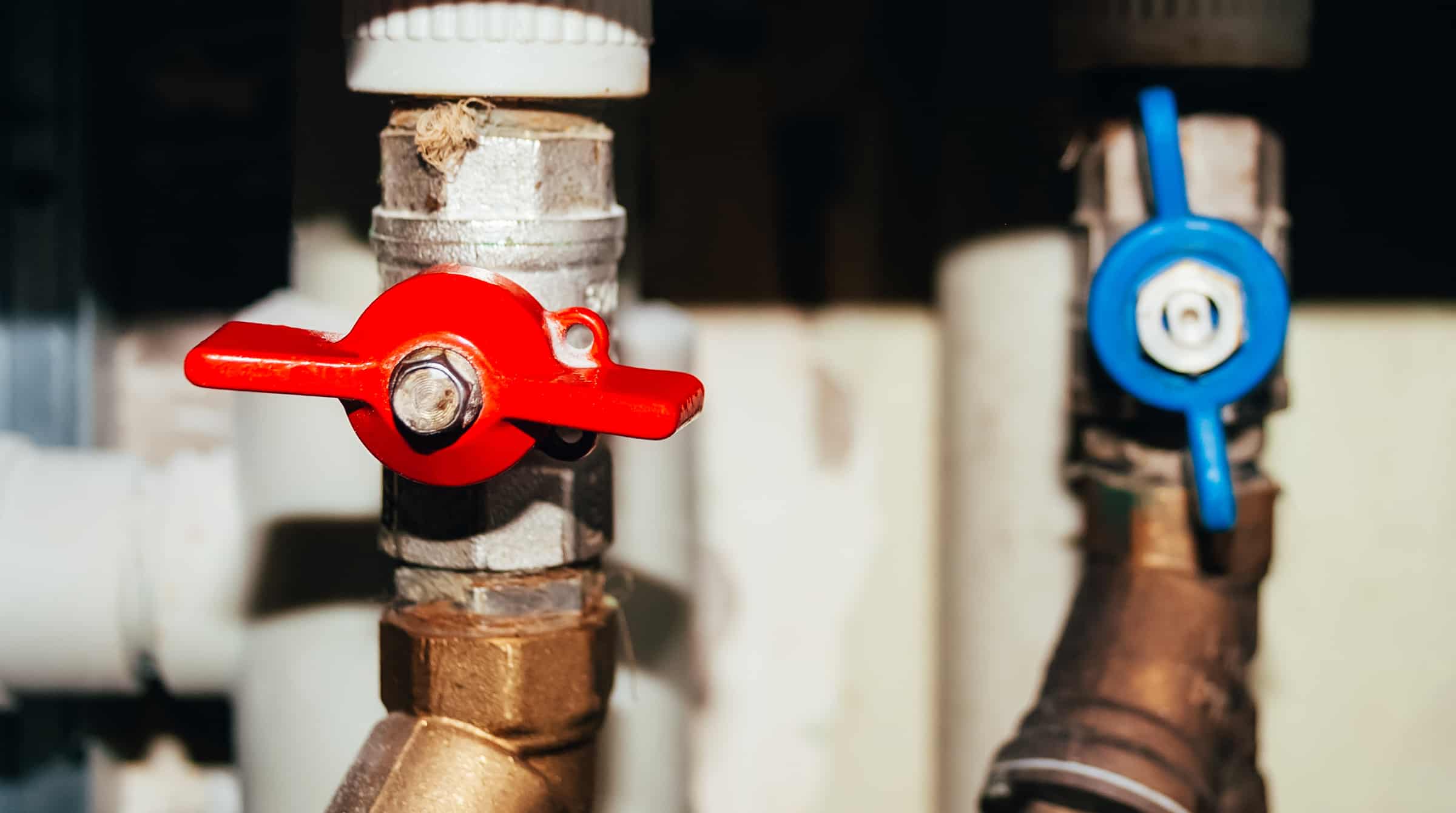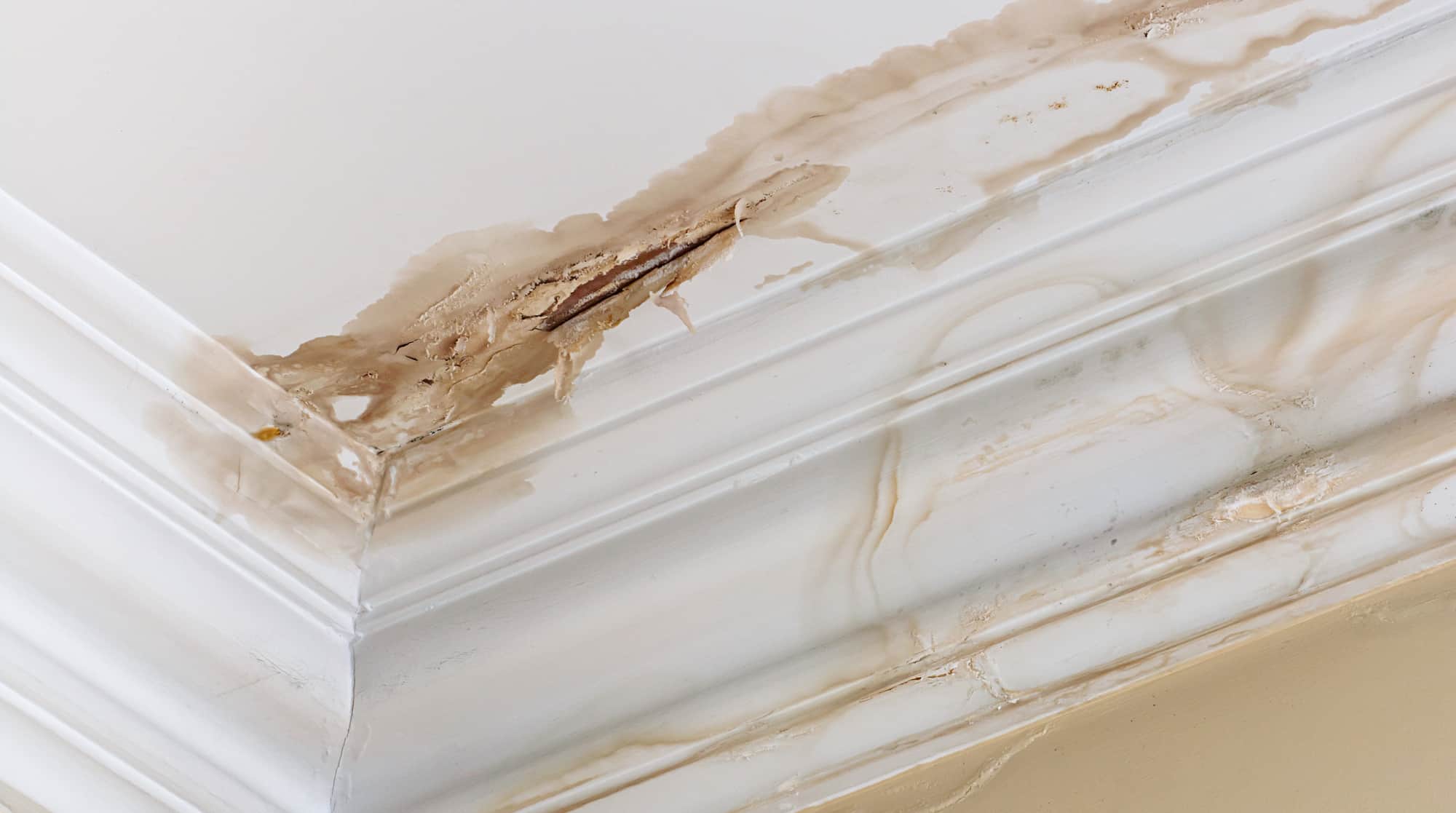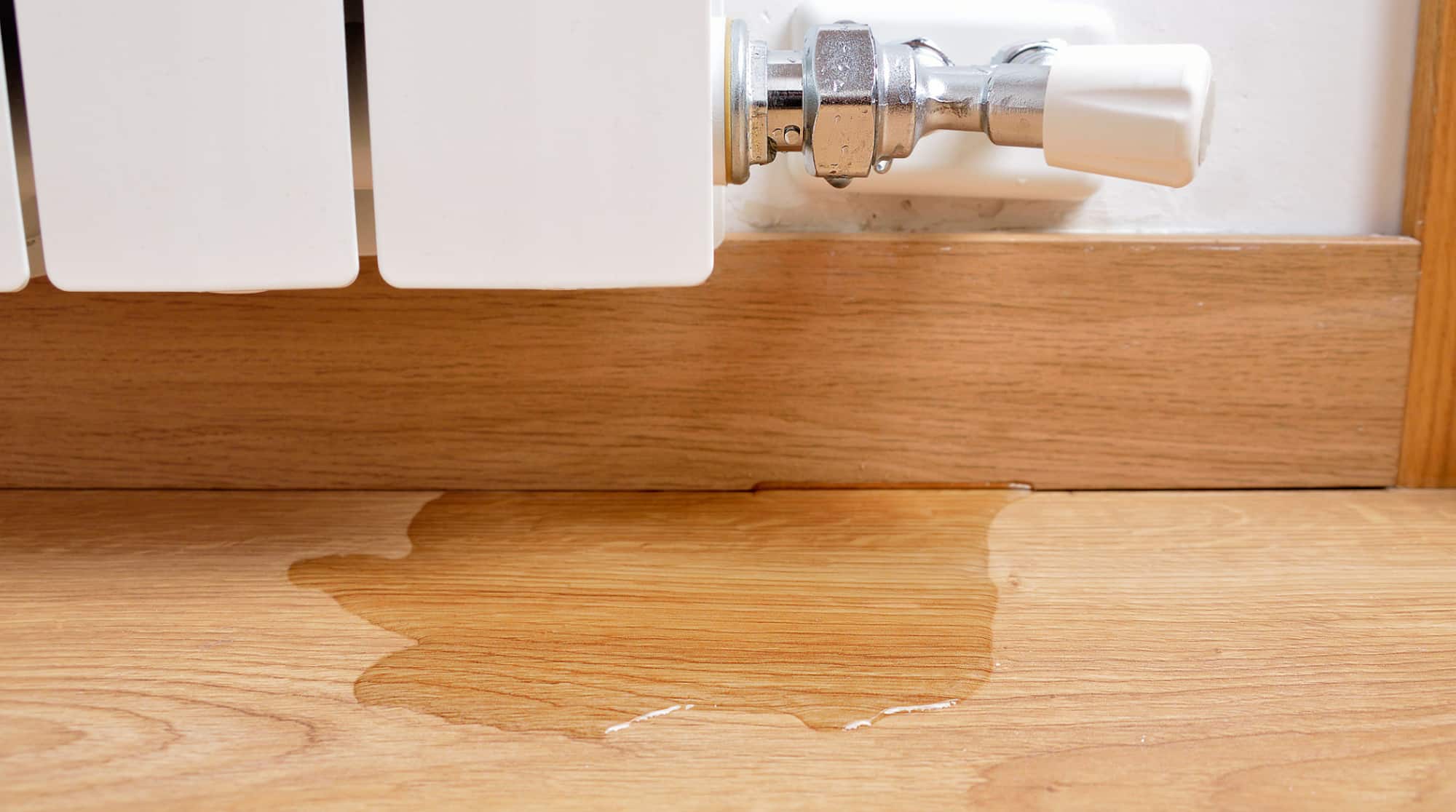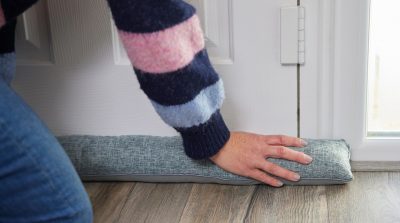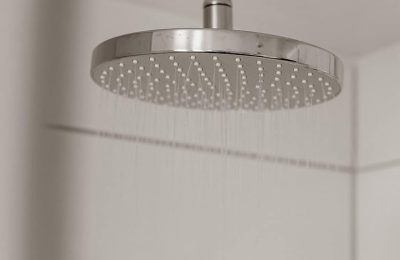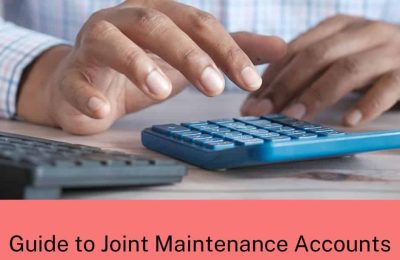Do you know how to deal with a water leak in your rental property? It’s every tenant’s nightmare – the damage, the mess, the stress – but knowing what to do if you discover a water leak will help you to act quickly. You’ll be able to minimise the impact of the leak, prevent further damage and keep your stress levels under control.
So, in this blog, we cover the step-by-step actions to take in the event of a water leak emergency, including how to handle insurance claims and dealing with communal leaks in shared properties. We all know that prevention is better than cure, so we’ll also look at the top five warning signs to catch a small leak before it becomes a major issue.
How to deal with a water leak in your rental property
- Turn off the water supply
In the event of a water leak, your immediate response is crucial. Start by turning off the main water supply to the property to prevent further flooding. The shut-off valve (also referred to as a stop valve) is typically located where the main supply pipe enters the building – often under a sink or sometimes near to your hot water system. It’s a good idea to find your shut-off valve anyway, so you can save time if an emergency arises.
Top tip – your shut-off valve normally closes clockwise.
- Turn off the power
Water and electricity do not mix well, so it’s essential to isolate the electrical supply if water is leaking near electrical outlets or appliances. Find your fuse box or circuit breaker, and if safe to do so, turn off the power in the affected parts of your property. You must leave this to an electrician if there is any sign of water or damage, such as overheating or arcing (listen for a humming or buzzing noise) in the fuse box.
Next, unplug any damaged electrical appliances and move all portable ones away from the area affected by the water leak. Keep in mind that your safety and the safety of others comes first while handling electrical components around water. If in doubt, don’t touch!
If required, you should also arrange for your gas to be switched off. Electricity and gas supplies should not be turned back on until you have had professional advice that it is safe to do so. Remember to always use a Gas Safe registered gas engineer.
- Contact your landlord or property manager
Once you’ve addressed the immediate emergency and you’re certain that you and those around you are safe, you need to inform your landlord or property management company about the water leak. They can then arrange for repairs or maintenance, especially if the leak is caused by a structural issue or a shared supply line.
- Contact your insurance provider
Typically, as a tenant, you are responsible for obtaining contents insurance to cover your personal belongings. The landlord is generally responsible for the building’s structural insurance and any damages caused by the property’s maintenance issues.
If you have contents insurance, contact your insurance provider as soon as possible to report the water leak and discuss the options. Be sure to document the damage with photographs and to look out any receipts relating to damaged items. Your insurance company will guide you through the claims process and help you with necessary documentation.
Dealing with roof leaks
Roof leaks need immediate attention, so notify your landlord or property manager as quickly as possible. Avoid attempting DIY fixes, as tempting as this may be – it may just exacerbate the problem. Professionals are best equipped to assess and repair roof leaks to prevent further damage to the property.
How to deal with communal leaks in shared properties
Communal leaks in shared properties or blocks of flats need to be addressed by all the residents. Inform your neighbours and your landlord or property manager about the leak to ensure it is resolved promptly. Coordinate with others affected to take appropriate actions and share repair costs if necessary.
What to do if your reported leak is being ignored
If you have a reputable property management company or landlord, chances are that they’ll deal quickly with any reports of a water leak. However, if your reported leaks are being ignored, it’s essential to follow up with written communication.
Provide a clear timeline of your initial report and subsequent attempts to get the issue resolved. If necessary, you can complain to the First-tier Tribunal for Scotland (Housing and Property Chamber). There’s more information about the repairing standard on the First-tier Tribunal website.
Top 5 warning signs of a water leak
The consequences of a bad water leak aren’t pretty – so to help you spot any problems as quickly as possible, here are the top five warning signs of a water leak:
- Soft floorboards or moving floor tiles
- Damp or discoloured patches on walls or ceilings
- Musty or mouldy odours in specific areas
- Water stains or puddles near plumbing fixtures
- Sounds of running water when no taps are open
Safeguard your home and your belongings
Knowing how to deal with a water leak in your rental property really is essential for safeguarding your home and belongings. We all hope it will never happen to us, but should the worst happen, remember – take immediate action in emergencies, promptly inform everyone who needs to know and document the damage for insurance purposes.
Save yourself from major water leaks by staying proactive and watching for warning signs of leaks – addressing a small leak quickly can save you from significant problems in the long run. Finally, make sure you can quickly and clearly communicate with your landlord or property manager to ensure a swift resolution of any water-related issues.
